As I mentioned earlier, I lived in Iceland for a year and learnt to speak the Icelandic language. So how did it go with the Icelandic language when we visited Iceland then? Well, it went very well! I felt that I had forgotten a bit, but a lot came back in just a few days. In everyday situations, I speak Icelandic as well as English. If you want to talk about politics and world news, I'm probably better at English though ...
Innehållsförteckning
More about the Icelandic language
For those who are interested in languages, here's a little more about the Icelandic language. I usually say that Icelandic is both difficult and easy. It is difficult because the grammar is quite complicated and easy because so much of the vocabulary is similar to Swedish.
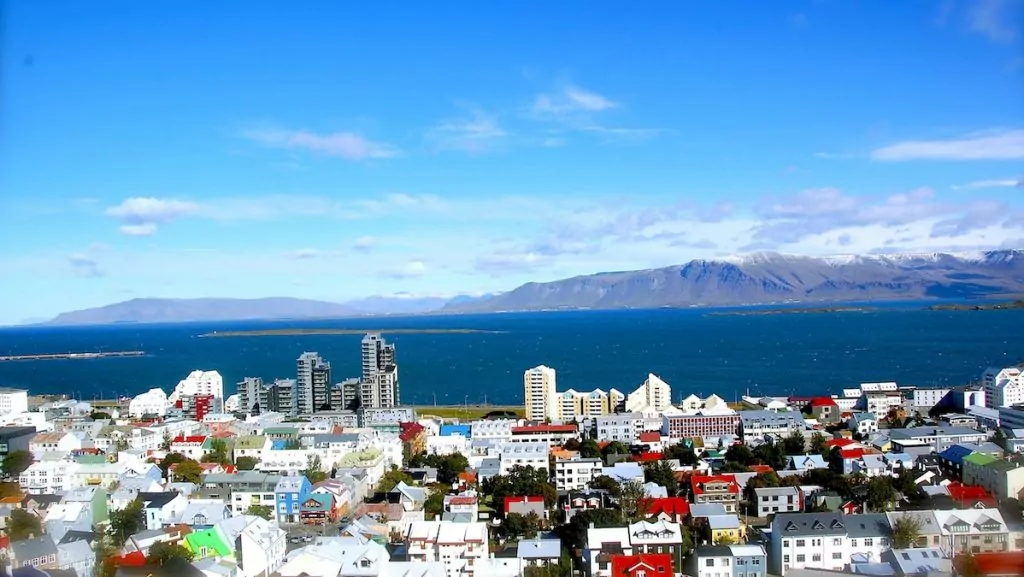
Icelandic grammar
There are four cases (nominative, accusative, dative, genitive) in Icelandic and three genders (masculine, feminine, neuter). Nouns are inflected according to case, and even personal names are inflected! For example, Helena becomes "Helenu" when it comes after a preposition.
Adjectives are also inflected by case, but also by gender. A man is þreyttur (tired), while a woman is þreytt (tired). Verbs are conjugated by person, as in French and German. There are also subjunctive forms for all verbs, both in the present and imperfect tense ...
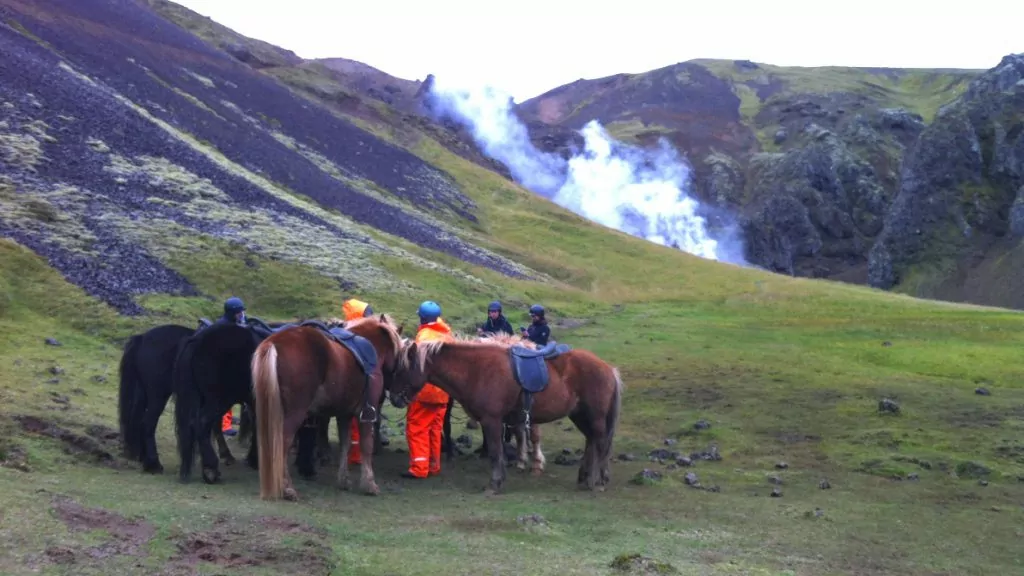
Icelandic words
Old words have a common origin and are often very similar to Swedish words, such as borð (table), hús (house) and hestur (horse). When it comes to new words, Icelandic has refrained from borrowing words and has instead made its own constructions, such as sjónvarp ('sight-throwing', i.e. TV), sálfræði ('soul knowledge', i.e. psychology) and myndavél ('picture machine', i.e. camera).

Icelandic pronunciation
Icelandic may not be known for being easy to pronounce, but the volcanic eruption in Iceland a few years ago gave the world's reporters a challenge. We're told that one Italian newsreader gave up and said "The volcano with the unpronounceable name continues to cause problems..." Others bravely took on the task, although the results weren't always crazy good...
Despite the fact that all the newsreaders had a very hard time saying "Eyjafjallajökull" in ash cloud times, I would say that Icelandic is relatively easy to pronounce. Once you learn a few basic rules, it's pretty straightforward and consistent. One such rule is that all words (without exception!) are emphasised on the first syllable. Another important rule is that "au" is pronounced "öj". And then it is actually suddenly easier to understand that "rauður" means red ...
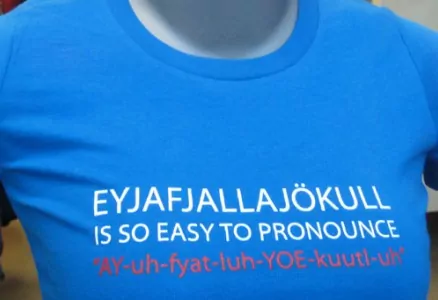
Reykjavik - a city of contrasts
Today we present a guest article Reykjavik is the capital of Iceland and a very interesting city. It...
Reykjavik sights - self-guided city tour
Reykjavik's attractions, what are they? When we were recently in Reykjavik, we had a hectic schedule,...
Weekend in Reykjavik - some highlights
Here is a greeting from our weekend in Reykjavik! We have been through a lot during...
Þingvellir National Park in Iceland
Þingvellir National Park in Iceland is a fascinating place, whether you are interested in nature, geology,...
Blue Lagoon in Iceland - guide for your visit
The Blue Lagoon in Iceland offers a cosy and relaxing spa in geothermal hot water. Although...
Around Iceland by car - 9 places you must see
Have you thought about travelling around Iceland by car? Recently, we've seen...
Exchange student in Iceland 1992
I was asked to tell you a bit more about my year as an exchange student in Iceland....
Food and Fun Reykjavik Festival - Iceland's gourmet week
The Food and Fun Reykjavik festival is definitely a reason to visit Iceland's capital during February/March....
Facts about Iceland - 30 things you (might) not have known
Today we're bringing you facts about Iceland - 30 things you (maybe) didn't know. We...
Iceland - Land of storytelling
Guest writer: Mia Ulin Iceland is worth staying on for days or weeks, but if you have...
The Icelandic Phallological Museum
This is probably the strangest museum we have ever visited. The Icelandic Phallological Museum is located...
Fish Company in Reykjavik
Today we are going to tell you about another great fish restaurant here in Reykjavik, the Fish Company. Yesterday...
There are 13 Santas in Iceland
Icelanders have 13 Santas! Wow, that's a lot of presents, you might think... But the Icelandic Santas...
Geysers in Iceland - Strokkur and Geysir
Have you seen geysers in Iceland? We have recently visited the Haukadalur geothermal area with the geysers...
Horse riding in Iceland
Today it was time for our long-awaited horse riding trip in Iceland and we woke up to ... windy...
12 Volcanoes in Iceland - dramatic facts
Updated 2023 Have you experienced any of the dramatic volcanoes in Iceland? The landscape in Iceland is...
What do you pack for Iceland?
What to pack for Iceland? We are only a few days away from travelling to Iceland for...
Some reflections from Iceland
Today we offer some reflections from Iceland. We have pretty much finished reporting from...
Iceland Fever - 5 reasons to love Iceland
I'm not even interested in football and yet I was glued to the England game...
14 things to see and do in Reykjavik
Here are some tips on things to see and do in Reykjavik. The Icelandic capital is...
Excursion to the island of Viðey in Iceland - 1000 years of history
The island of Viðey in Iceland is located just outside Reykjavik and is easily reached by a short boat journey. In summer...
Gullfoss in Iceland - The Golden Circle and its waterfalls
Gullfoss in Iceland is an incredibly dramatic waterfall that can be seen during the Golden Waterfall tour....
Fish Market in Reykjavik
We had a magical dining experience yesterday at the Fish Market restaurant in Reykjavik. We ate the most...
Icelandic traditions: Christmas celebrations and Þorrablót
Today on FREEDOMtravel we will be talking about Icelandic traditions. A while ago I wrote...
Travelling by motorhome in Iceland
What is it like to travel by motorhome in Iceland? We recently wrote a post about...
What do you eat in Iceland? - 15 Icelandic specialities
What do you actually eat in Iceland? We list 15 Icelandic specialities and share our experiences...
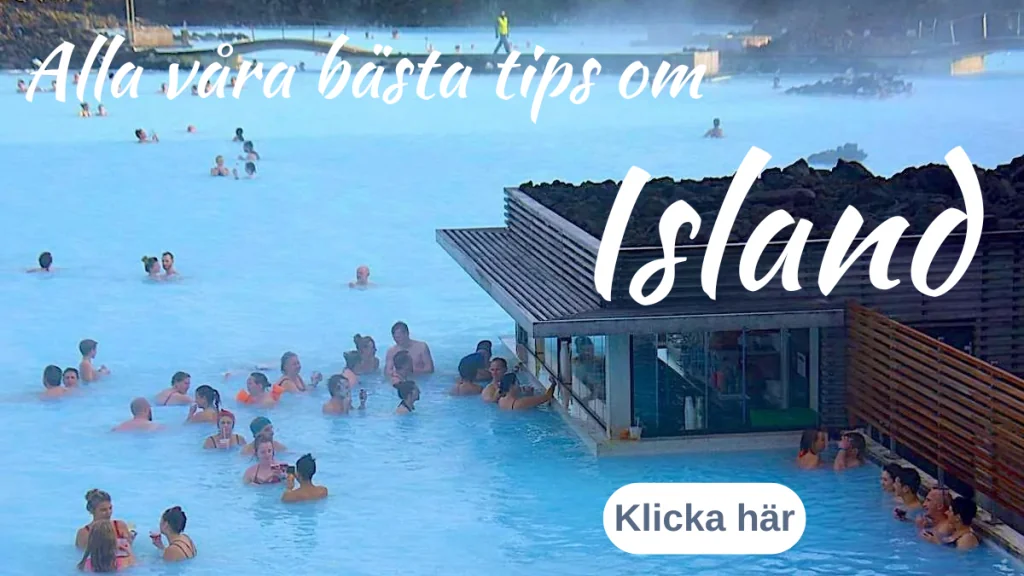


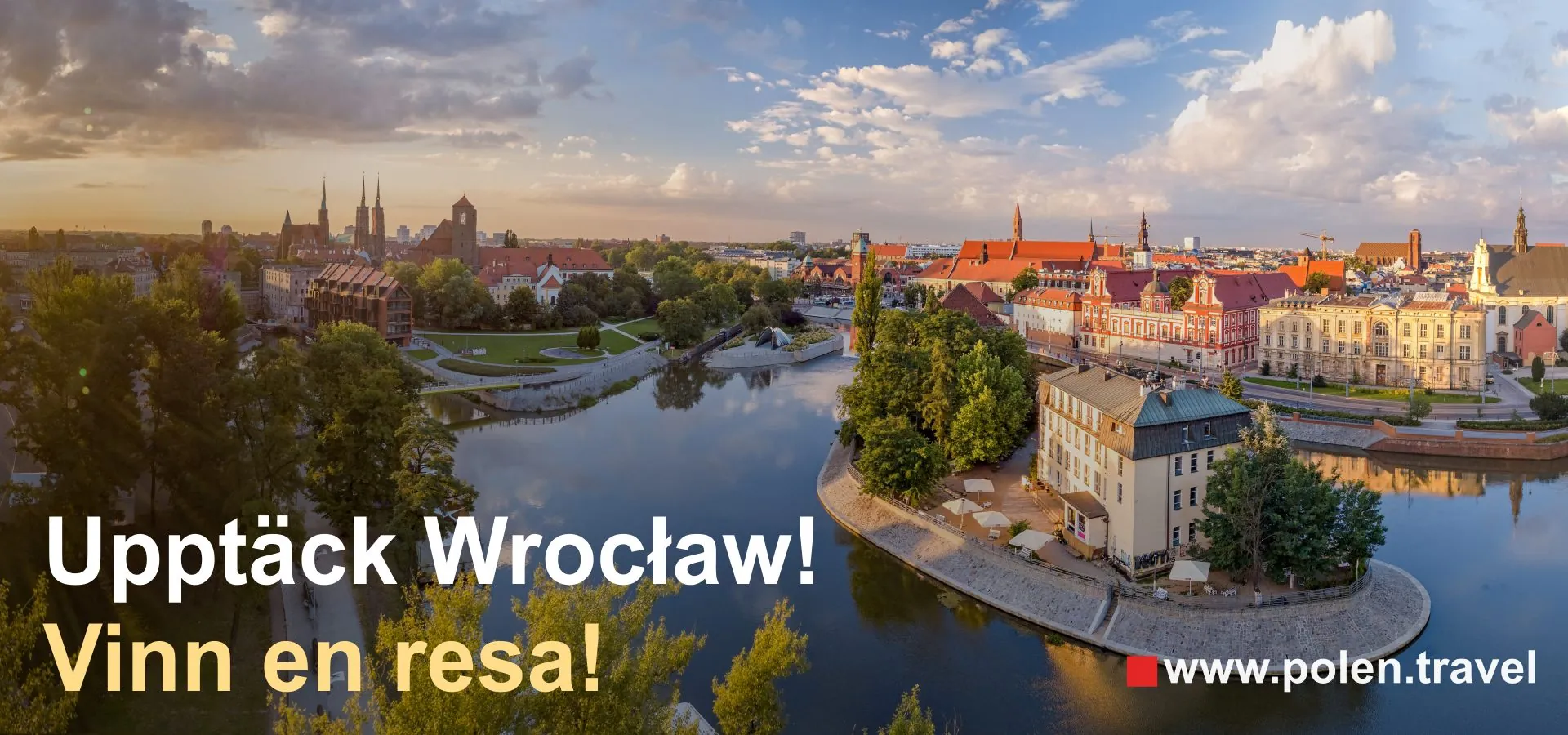










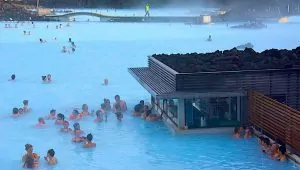



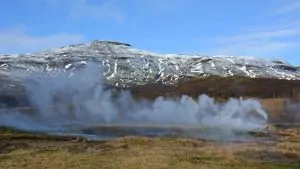




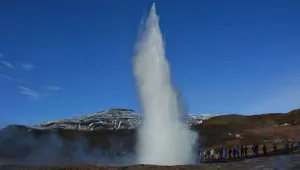



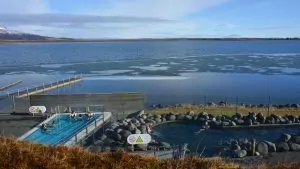














Kors och Tvärs says:
Hmm... I firmly believe that my old brain should not be burdened with this 😀 Have a good weekend!
15 September 2012 - 13:01